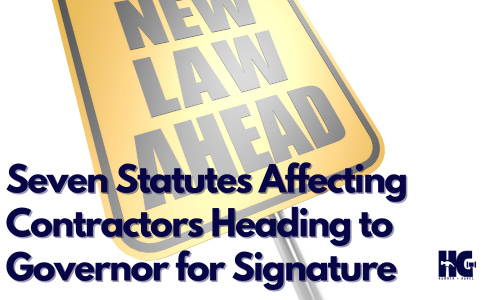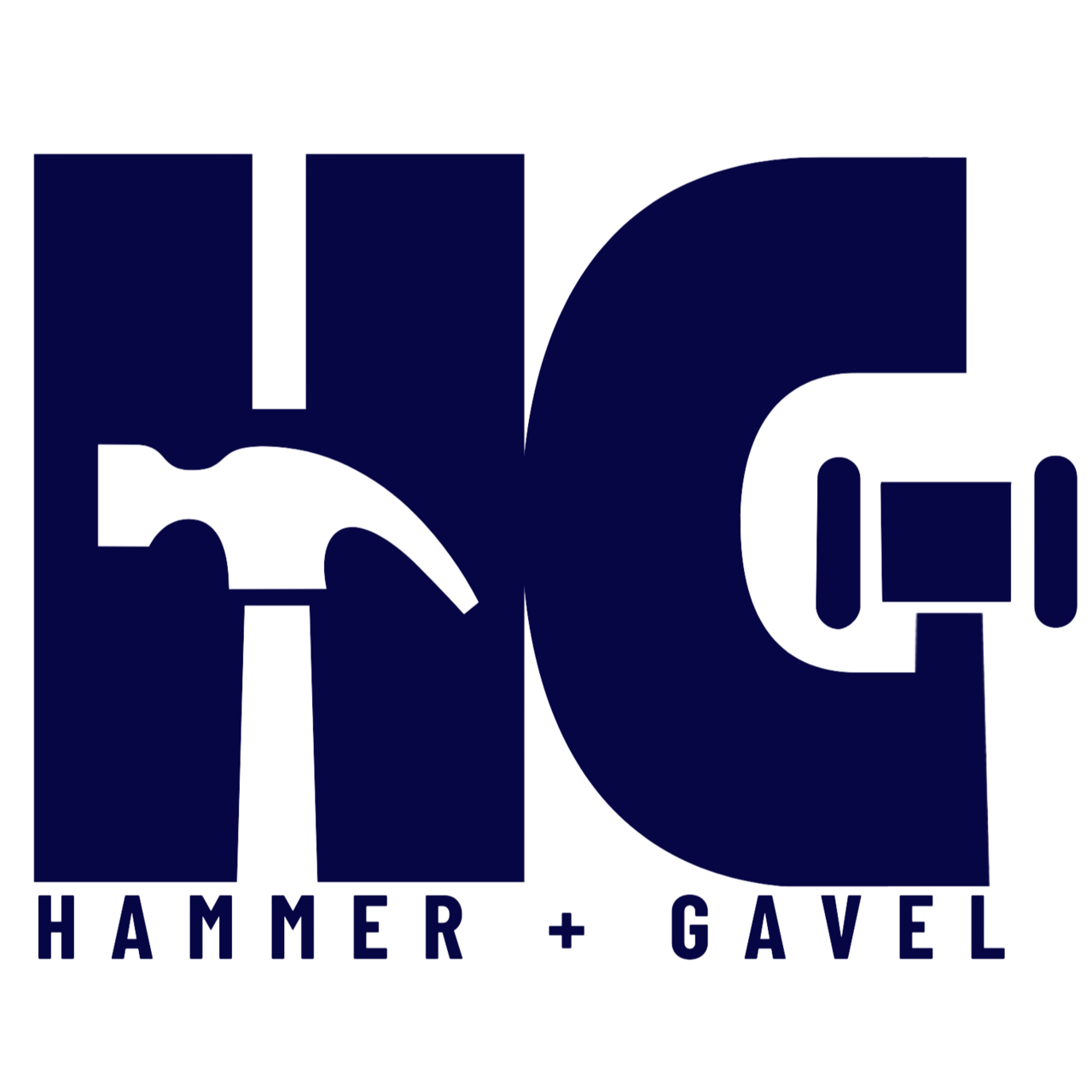Seven Statutes Affecting Contractors Heading to Governor for Signature
While dozens of statutes affecting contractors were proposed during Florida's most recent legislative session, only a few were approved by both the House and Senate and sent to the Governor
While eight statutes affecting contractors were passed this legislative session and will either become law or be vetoed by Governor DeSantis, this post only addresses seven of them. The eighth, which deals primarily with building permitting, will be addressed in the near future.
Mandatory Warranties for Newly Constructed Homes
The statute, if enacted, would require a builder of a newly constructed single family residence, duplex, triplex, quadruplex, or manufactured home to provide a one year warranty on all equipment, materials, or workmanship where a defect in those items results in a material violation of the Florida Building Code. Click here to read the full article.
Expiration of Local Licensing Extended to 2025 and CILB Required to Issue Certain Registered Licenses.
The statute moves the expiration of local licensing from July 1, 2024 to July 1, 2025, and requires the Florida Construction Industry Licensing Board to issue registered licenses to contractors that had certain local licenses from 2021 through 2023 in areas where those local licenses have been phased out. Click here to read the full article.
Homeowners Have 10 Days to Cancel Roofing Contracts Under Certain Circumstances
The proposed statute modifies 489.147, Florida Statutes, which was enacted in 2021 and governs certain prohibited practices for roofing and other contractors operating on insurance-funded projects or in emergency areas. If the statute becomes law, homeowners would be able to cancel contracts without penalty within 10 days of signing under certain circumstances. Click here to read the full article.
Changes to Journeyman Licensing for Certain Trades
The new statute changes the requirements that an individual must meet to obtain a journeyman’s license for plumbing, pipefitting, mechanical or HVAC, electrical, and alarm systems trades, and makes reciprocity between counties a requirement. Click here to read the full article.
HVAC and Mechanical Contractors can Perform Expanded Electrical Work
The new statute modifies the definitions of work that can be performed by Class A and B HVAC contractors and Mechanical contractors in Florida to include additional electrical work. It also requires warranties on HVAC systems to be transferable and eliminates certain hurdles to transferability. Click here to read the full article.
Multiple Modifications to Contractor Licensing Statutes
The statute modifies three sections of Florida’s Contractor Licensing Statute. First it expands the type of relief that can be awarded by local licensing boards and imposes requirements on their recommended penalties. It also increases the amount of funds the Homeowners’ Construction Industry Recovery Fund can award, starting January 2025. Finally, it adjusts the scope of electrical contractor specialty licensing as it relates to advertising signs. Click here to read the full article.
Low Voltage Fencing and Low Voltage Alarm System Regulations
The new statute would affect low voltage electric fence installations and limits municipalities from imposing requirements on low voltage alarm system projects that exceed those set forth in 553.793, Florida Statutes. Click here to read the full article.
This article written by:
Jason Lambert is a Florida licensed attorney, Board Certified in Construction Law, who focuses his practice on representing and advising contractors, subcontractors, and material suppliers in the construction industry throughout the state of Florida. Before law school, Jason spent a decade working in the construction industry, primarily as a project manager and operations director for both new construction and remodeling. He also has experience in the wholesale and retail electrical, flooring, and countertop industries.
Nothing on this website or the emails sent by Hammer & Gavel, LLC should be considered a solicitation for legal representation. Further, nothing on this website establishes an attorney-client relationship between us or the emails sent by Hammer & Gavel, LLC. Hammer & Gavel, LLC is not a law firm. Do not take action or fail to take action based on the information provided on this website. The statements and views expressed on this website or the emails sent by Hammer & Gavel, LLC are intended for general informational purposes only and do not constitute legal advice or a legal opinion. Finally, in addition to these terms, by subscribing you are also agreeing to the terms found at https://hammerngavel.com/terms and agreeing that you’ve read them in advance of clicking subscribe.






